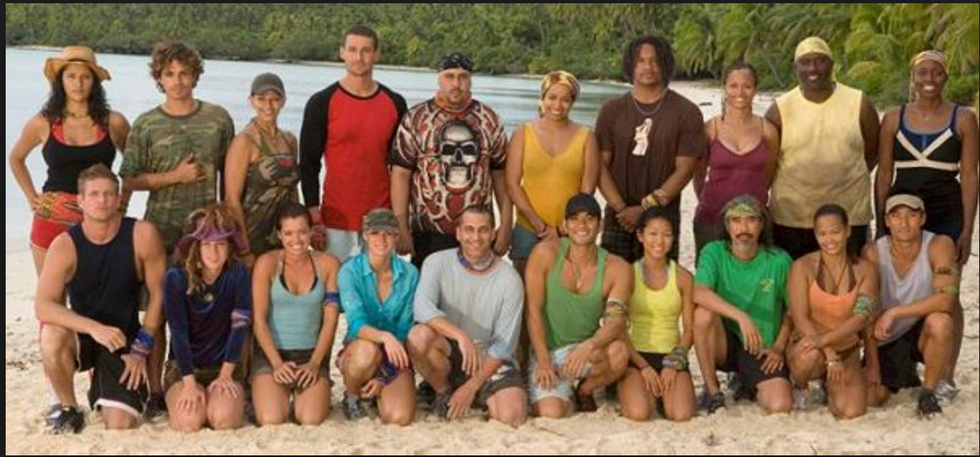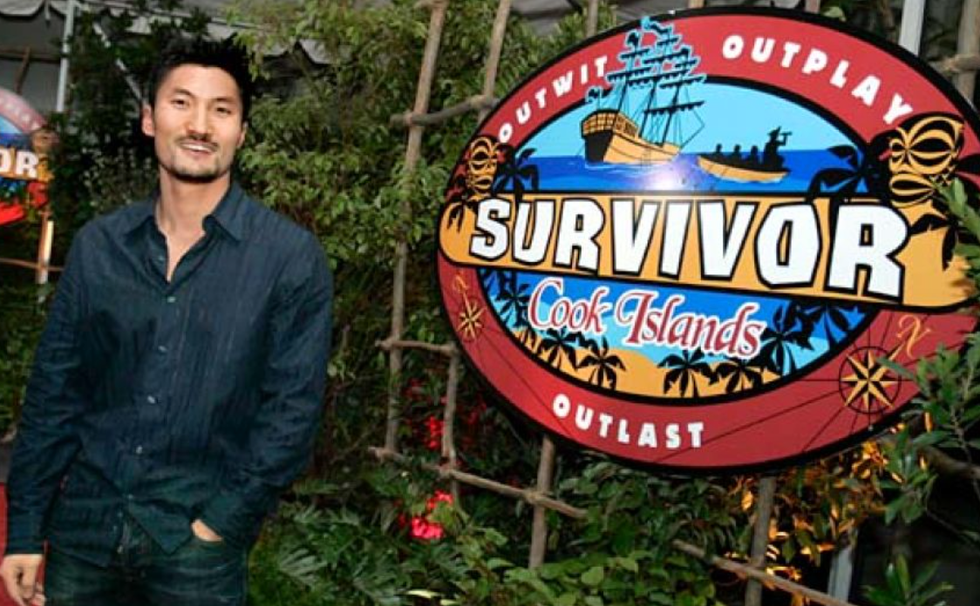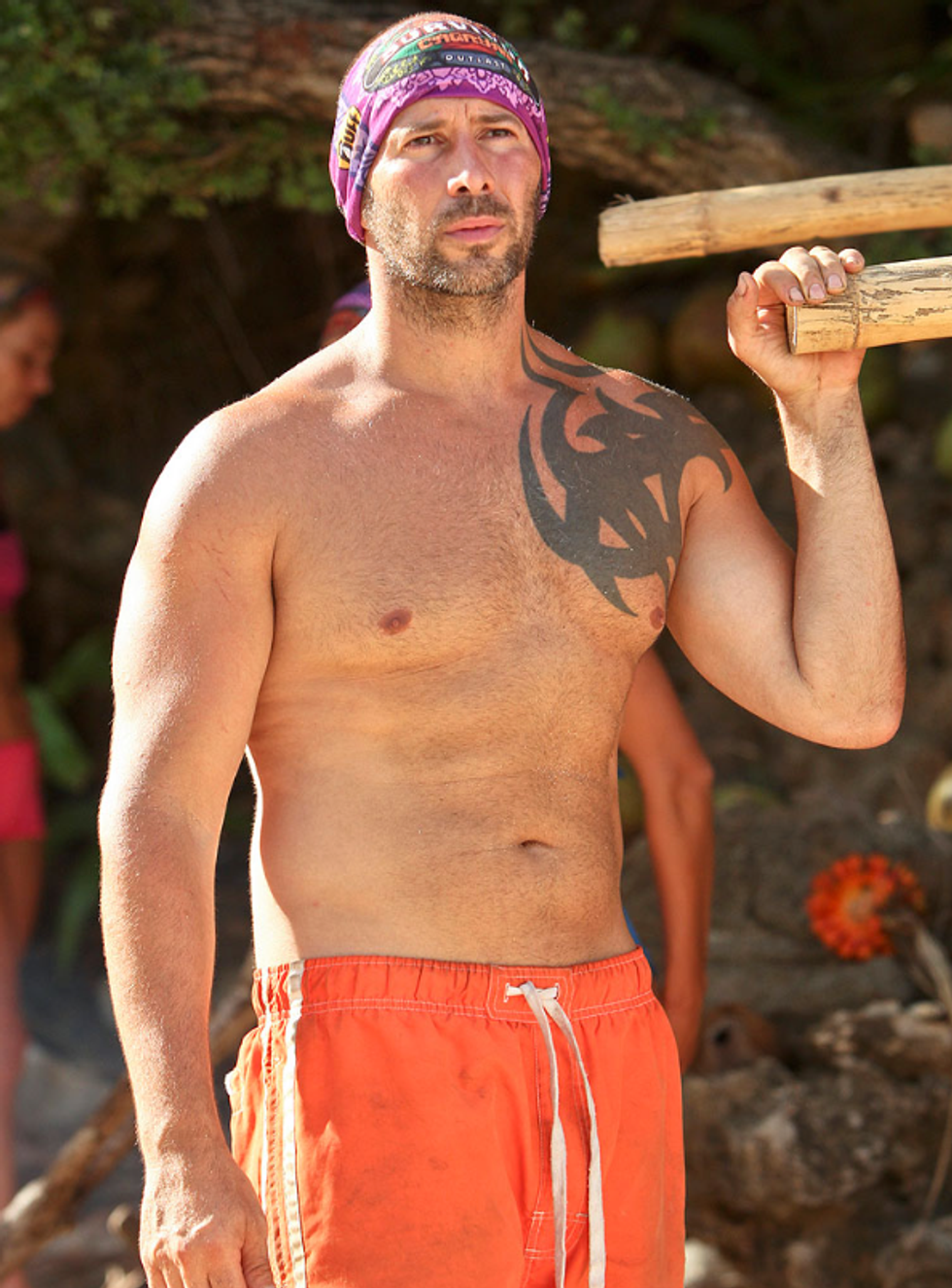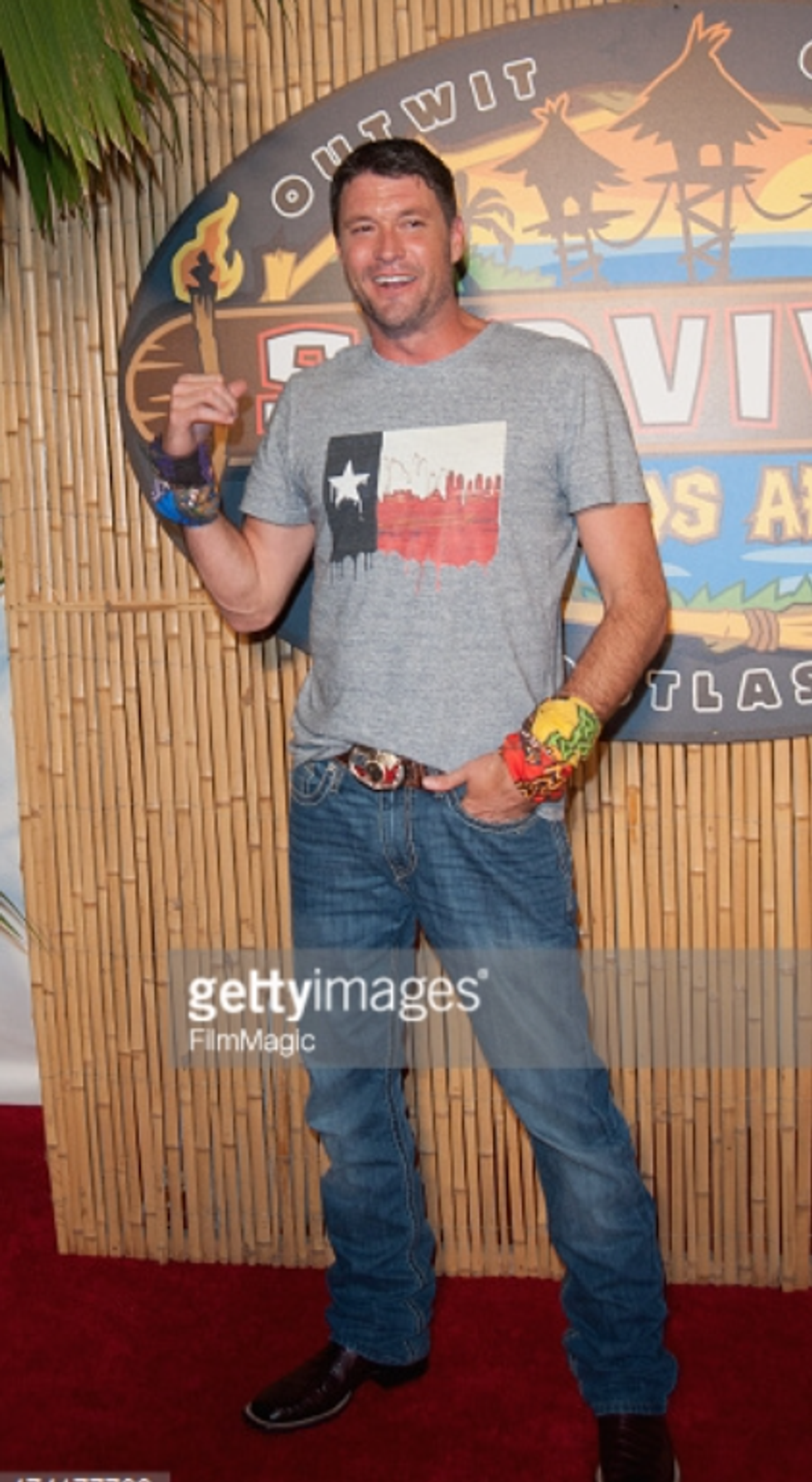Since 2000, CBS's "Survivor" has provided the viewing public with drama, adventure and the challenging of a few modern stereotypes. Each season, contestants are split into groups known as "tribes." While usually chosen by random, producers sometimes take to dividing the tribes based on stereotypical character traits and ethnic backgrounds.
In 2006, "Survivor" made the controversial decision to divide the tribes up by race: Caucasian, African American, Asian American and Hispanic American.
In 2014, "Survivor" had the tribes split up by (from left to right) "Brains" v. "Brawn" v. "Beauty."
In 2015, "Survivor" came up with the theme of "Worlds Apart," wherein tribes were split up by their occupational backgrounds: White Collar, consisting of a retail buyer, and business executives and consultants; Blue Collar, comprised of a postal worker, police officer and an oil driller; and No Collar ('free spirits'), consisting of a YouTube star, sailing instructor and a coconut vendor (yes, someone who sells coconuts for a living).
While controversial, these divisions make for great entertainment. It makes you think, "Can a 'Survivor' winner really be determined by their social background or personality traits?" So far, these stereotypical divisions have lead to some interesting results.
For example, the winner of the race divided season came from the Asian American tribe. I feel as though by producing this format, producers were almost asking the question, "Which race is the best?" or "Which race has what it takes to win the game of 'Survivor'?" In modern times, Asians are labeled as being intelligent. So an Asian American beating out three other ethnic groups in a game based off of intelligence, outsmarting and outwitting essentially produced the answer to the question implied by producers.
In "Brains v. Brawn v. Beauty", once again, the producers had presented a question with this format: "What kind of person does it take to win the game of 'Survivor'?" Can one outsmart their way to the top using their intelligence? Or flirt their way through the game using their beauty? Or use their brawn to survive the challenges and elements? As the final two contestants and eventual winner were from the Brawn Tribe, the producers once again received the answer to their question.
In the "Worlds Apart" theme, a blue collar member won the game. From the beginning, the group knew that the winner would come from their tribe, as "blue collar" workers aren't afraid to get their hands dirty and really put in work for what they want.
Now, in 2016, "Survivor" has decided to revert to their theme of "Brains v. Brawn v. Beauty." Will another "brawn" come out on top? Or will we see another stereotype be crowned the winner?
"Survivor: Brains v. Brawn v. Beauty 2" airs Wednesdays at 8 p.m. on CBS.



























